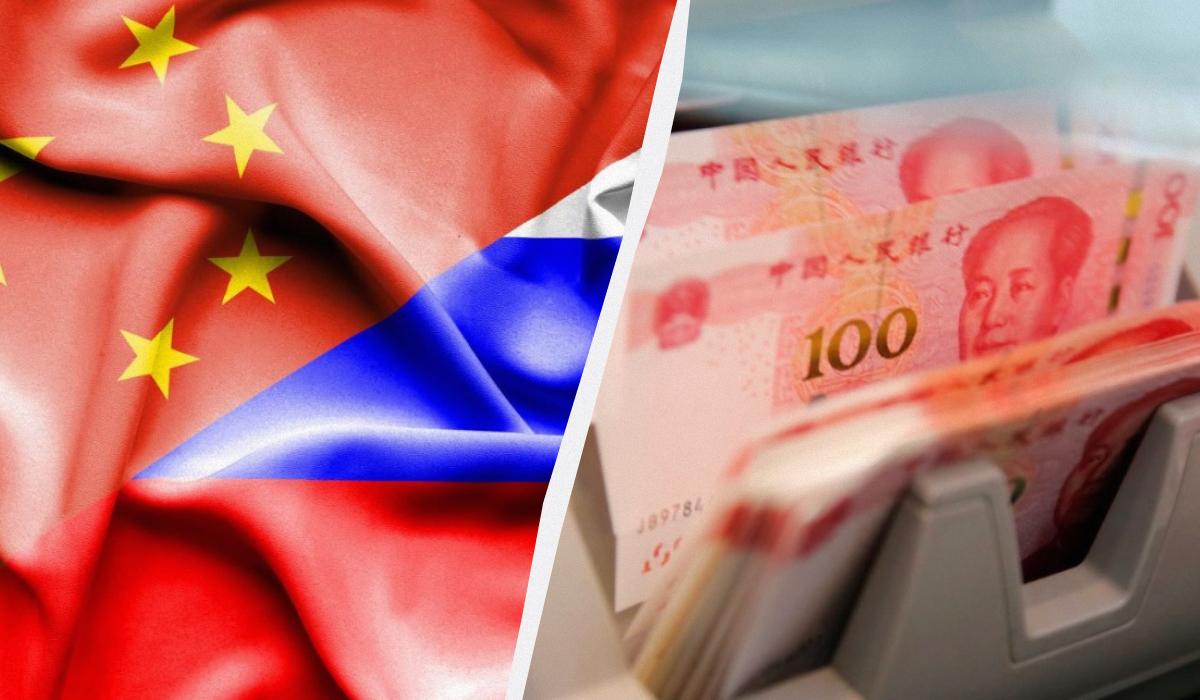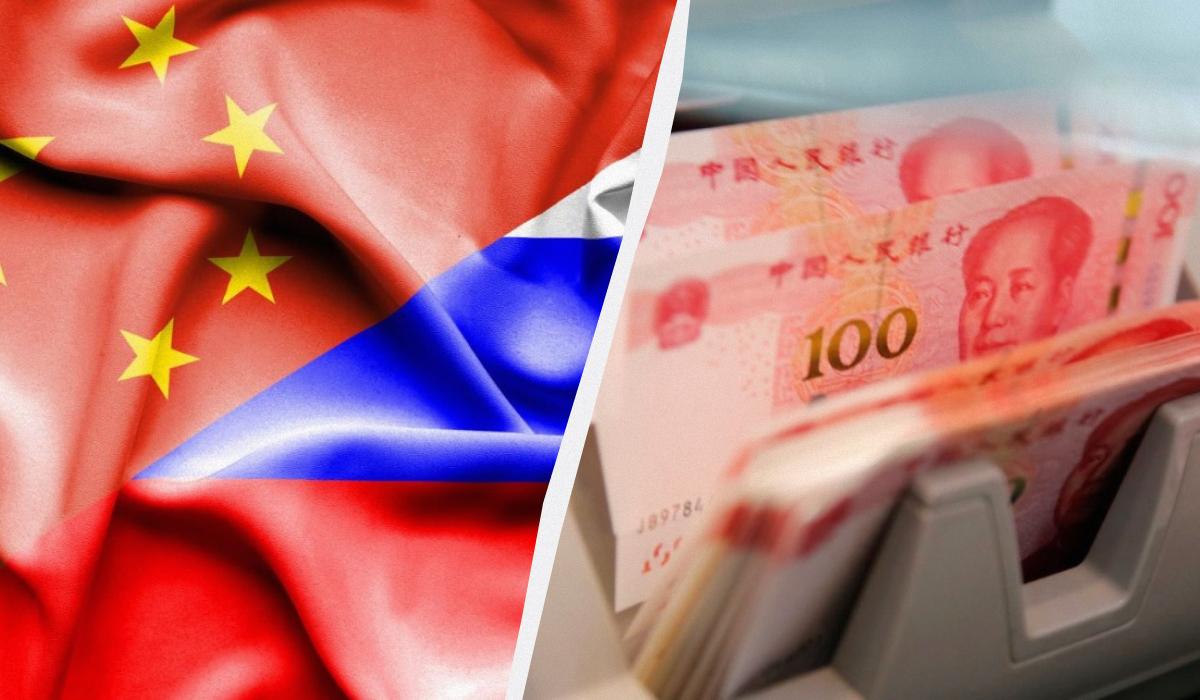“Sberbank, Alfa-bank, Sovkombank, T-bank and Tochka bank participate in the scheme.”, — write: www.unian.ua
Sberbank, Alfa-bank, Sovkombank, T-bank and Tochka bank participate in the scheme.
 Russia invented a new settlement scheme with China / UNIAN collage, photo ru.depositphotos.com, ReutersProblems in foreign trade settlements forced large Russian banks to develop new schemes for settlements with China. As The Moscow Times writes, the new scheme offers businesses a centralized settlement scheme with China through payment agents.
Russia invented a new settlement scheme with China / UNIAN collage, photo ru.depositphotos.com, ReutersProblems in foreign trade settlements forced large Russian banks to develop new schemes for settlements with China. As The Moscow Times writes, the new scheme offers businesses a centralized settlement scheme with China through payment agents.As one of the banks participating in the scheme, a large law firm and an international logistics company told the publication, Sberbank, Alfa-bank, Sovkombank, T-bank and Tochka bank are participating in the scheme.
According to the participants, the scheme is unofficially called the “Chinese track”. At the same time, the agreement on its creation was reached at a high political level, according to the reports of some banks, the scheme was created by the central banks of Russia and China.
As bank managers assure, payments under this scheme go to any Chinese bank without delays – but only if the counterparty is registered in one of 11 of China’s 34 provinces: Heilongjiang, Shandong, Zhejiang, Anhui, Guangdong, Xinjiang, Jilin, Shaanxi, Hebei, Sichuan and Fujian, but the reason for this particular restriction is unknown.
“The banker who is going to work under this scheme says that they are mentioned in some agreements between the countries, another source suggests that this is how China wants to support regions that are lagging behind in foreign trade,” writes The Moscow Times.
At the same time, there are no restrictions on the minimum amount of payment, and the term of crediting funds will be four days on average. In Russia, calculations are made in rubles, and in China – in yuan at the rate of the Bank of Russia.
Depending on the bank and the payment amount, the commission under the new scheme will be from 1% to 2.5%. The commission includes the agent’s fee and the payment of the currency control performed by the bank. At the same time, independent payment agents now charge an average of 2-2.5% for making a payment, and the Shanghai branch of VTB, which is popular among Russian importers, – 2.45%.
Problems with calculations between Russia and ChinaIt will be recalled that in November it became known that the Bank of China – the fourth bank of the People’s Republic of China in terms of assets – began blocking transfers in yuan from countries that the Russian Federation uses for the purchase of goods and equipment.
And even earlier, in August, the Russians complained that payments worth billions of yuan were “stuck” because the banks of the People’s Republic of China began to stop operations with the Russian Federation.
You may also be interested in news:
- The expert explained why not every salary in Ukraine insures against poverty
- Russian assets are Europe’s trump card in the war in Ukraine, – Foreign policy
- Ukraine received 3 billion euros from revenues from frozen Russian assets
